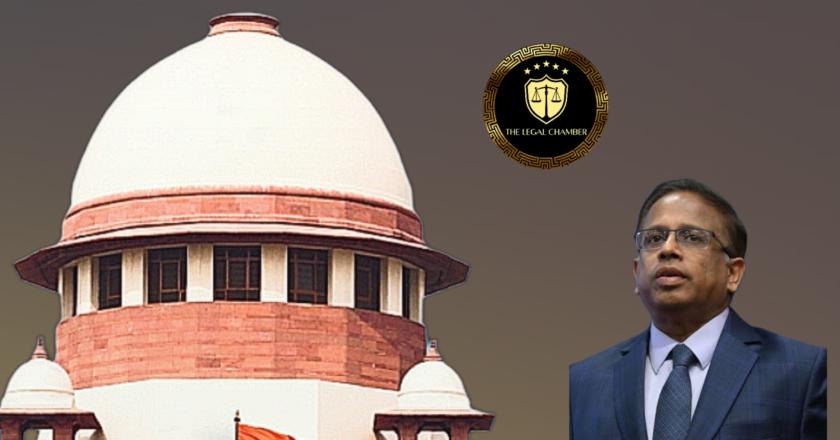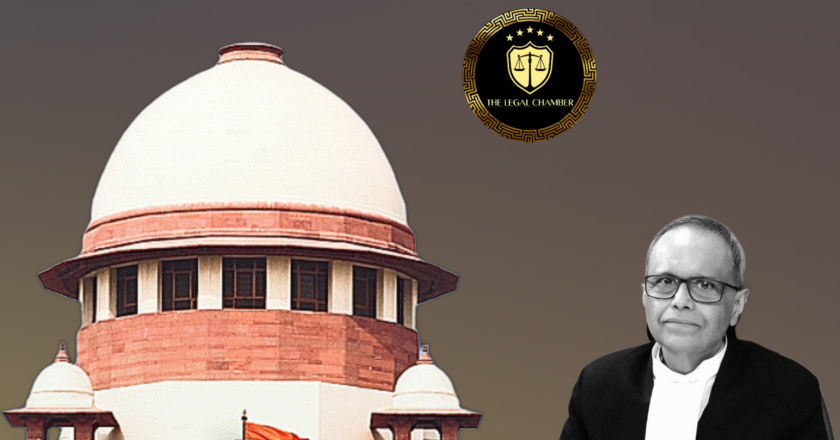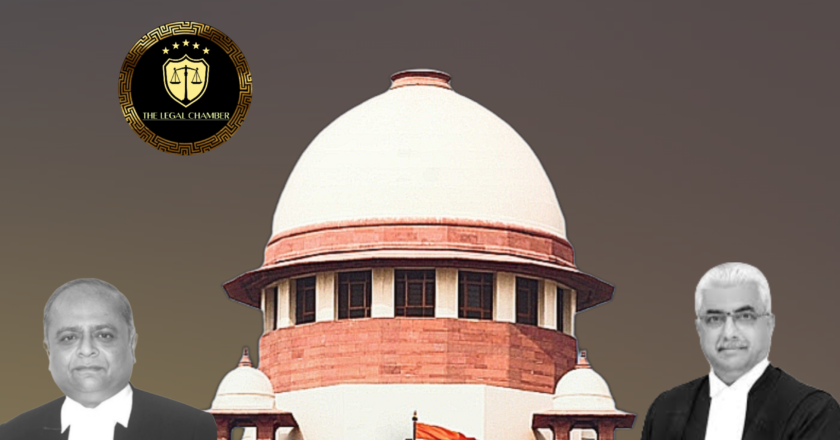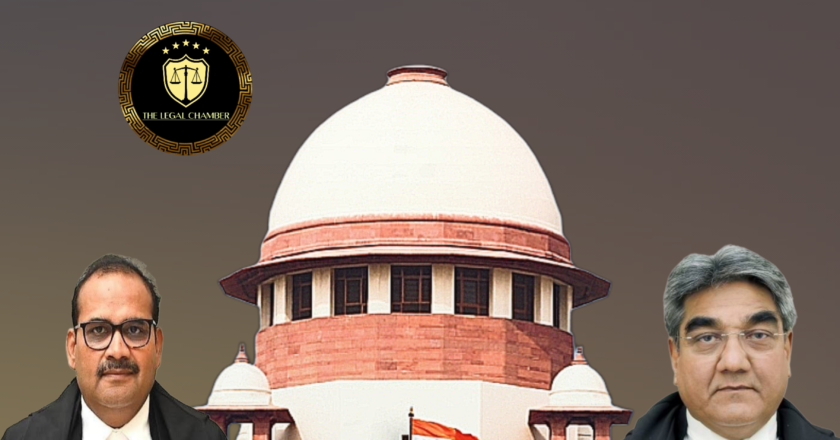Arbitration Award Final: Supreme Court Dismisses MMTC’s Post-Decree Objections
This Supreme Court judgment reaffirms that objections to the execution of an arbitral award under Section 47 of the CPC are maintainable only within a very narrow compass, limited to grounds of jurisdictional infirmity or voidness. The Court emphasized that allegations of fraud or breach of fiduciary duty by a party’s own officers, raised after the award has attained finality, do not constitute such grounds unless they render the award a nullity. The business judgment rule protects decisions that fall within a range of reasonableness.
Facts Of The Case:
The dispute arose from a Long Term Agreement (LTA) dated 07.03.2007 between MMTC Limited and Anglo American Metallurgical Coal Pvt. Limited for the supply of coking coal. The agreement included an option for MMTC to extend the con...









